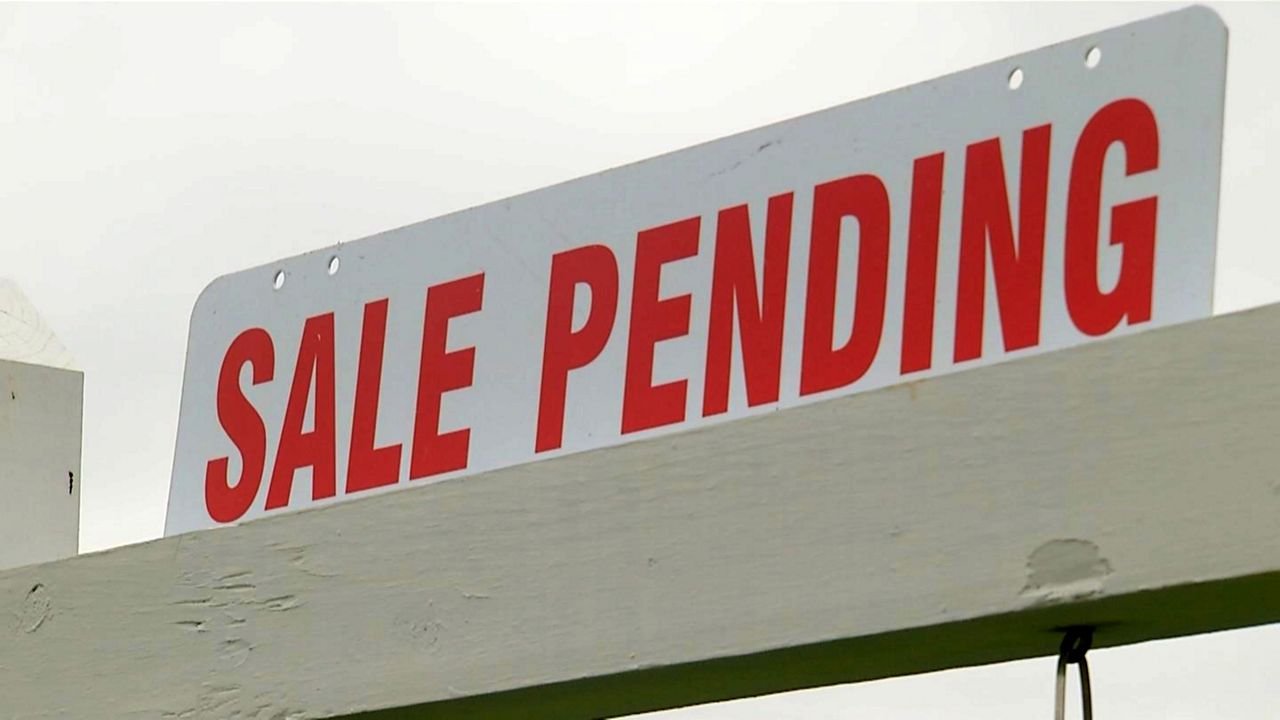NATIONWIDE -- Spring and early summer are usually the hot times to buy and sell homes. However, with millions of Americans out of work due to the coronavirus, the housing market has cooled significantly. Some would even say it has comes to a screeching halt.
While it might not be a bad time to buy a house, credit has become a little harder to come by. Now is probably not the best time to attempt to sell your home, but it will depend on where you’re located.
It may be too soon to determine just how much of an effect the pandemic will ultimately have on the housing markets, but there are some early indicators.
According to ShowingTime.com, house showings in Texas are down 55 percent as of March 29 compared to the same time in 2019.
Nationally, according to the Associated Press, new home sales were down 15.4 percent in March. The median price for a new home was $321,400 in March, down 2.6 percent from $330,100 in February.
This doesn’t include April, which was economically devastating, however, and things are likely to get worse before they get better.
RELATED: As US Unemployment Climbs to 14.7%, Texas Continues Struggling
Nationwide Senior Economist Ben Ayers told the Associated Press that you can look for the housing sector to improve as the pandemic wanes and that low mortgage rates combined with a great deal of demand among millennials could bring about a rebound in late 2020 and 2021.
If you’re looking to purchase a home, be aware that rampant unemployment has lenders nervous, and many banks have raised the minimum credit score needed to qualify for a home loan. You may need a minimum score in the 700 range. In addition, you might be looking at putting down a minimum 20 percent down payment.
Of course everything hinges on how quickly the United States gets a handle on the novel coronavirus. A vaccine, according to some professional estimates, could be 12-18 months away. A second wave, if significant enough, could result in further furloughs and layoffs. Consumer confidence could take a year or more to be fully restored.
RELATED: The US May Face a Second Wave of Coronavirus Infections



